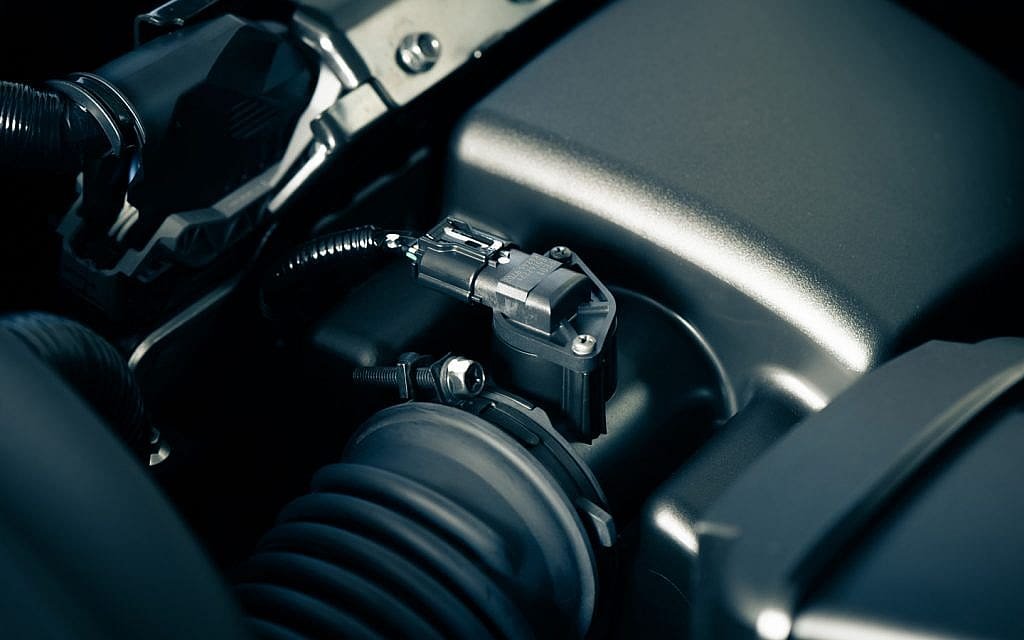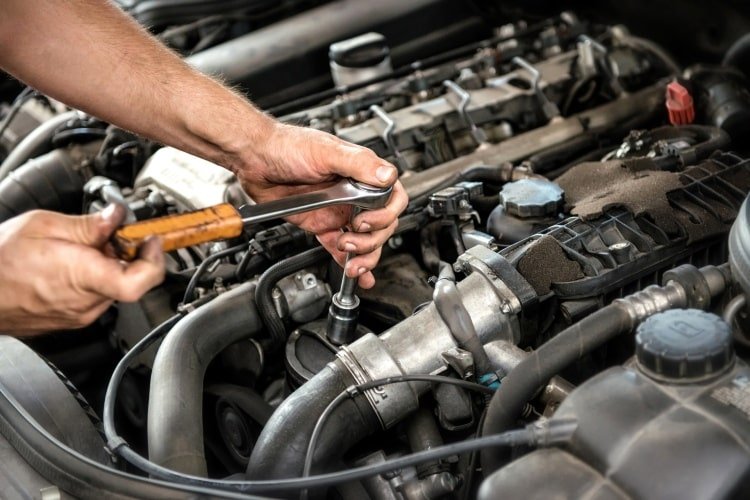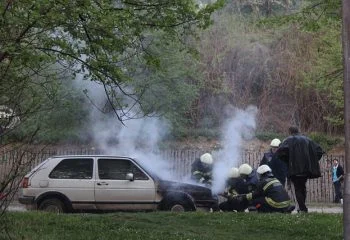Have you ever been driving on the highway and felt your car jerk or shudder suddenly, as if it was about to stop? If so, you’re not alone. Many people experience this type of jerking sensation in their cars when they’re driving at high speeds. But what causes this? Let’s take a look at some of the common reasons that cars start to jerk when driving on highways.
What's in this post?
Mass Airflow Sensor (MAF)

The Mass Airflow Sensor monitors air flow entering the engine. If it gets dirty or worn out, it may send faulty data to the engine’s computer system, causing your car to jerk.
The MAF can be cleaned with compressed air or special cleaner available at auto parts stores. If cleaning does not remedy the problem, you may need to replace the sensor altogether.
The cost of cleaning a mass airflow sensor can range from $50 to $100, while replacing one could cost anywhere from $150-$400.
It is important to have the sensor cleaned regularly since a dirty or faulty mass airflow sensor can result in decreased fuel economy, increased emissions, and reduced engine performance.
Engine Vacuum Leak

A vacuum leak occurs when air escapes from an intake manifold or another part of the vehicle’s vacuum system. This affects your car’s ability to generate power, which can cause jerks in acceleration and deceleration.
To diagnose a vacuum leak, begin by listening for any hissing noises around your intake manifold and other places in your engine compartment. If you hear anything suspicious, start looking for cracks or holes in hoses and other components of your vacuum system.
You should also check hose clamps for tightness as loose ones could lead to leaks as well. Vacuum leaks can be located using a smoke pump or mechanic’s stethoscope.
The cost to repair a vacuum leak can range from $150 to $1000, depending on the complexity of the job. In some cases, you may only have to replace one or two hoses, while in others you may need to replace the entire vacuum system.
Engine vacuum replacement can cost anywhere from $300 to $2,000, depending on which parts need to be replaced and how complicated the job is, so it is important to have it checked as soon as you start experiencing jerking or shuddering in your car.
Defected Fuel Pump
Over time, fuel pumps fail due to normal wear and tear—especially if they are not properly maintained by oil changes on a regular basis. A defected fuel pump can cause jerking due to intermittent fuel delivery during operation of the vehicle.
To diagnose this issue you will need specialized tools and knowledge such as pressure gauges and understanding how they work with different vehicles engines such as diesel vs gasoline engines.
Replacing a fuel pump is a job that requires experience and knowledge, and the cost of it can be quite high. Depending on the make and model of your vehicle, the replacement cost of a fuel pump can range from $200 to over $1,200.
This is something you should think carefully about before opting in for repair – while it may seem expensive, doing the job right means the repairs will last much longer, preventing extra costs down the road. It’s important to discuss options with your mechanic in order to get the best result.
How to Prevent Car Jerking at Highway Speed?

In order to prevent your car from jerking at highway speeds, you should make sure that all of the components mentioned above are in good working condition and functioning properly.
You should also perform regular maintenance on your engine and fuel system, such as oil changes and tune-ups. This will ensure that all parts are in top shape, which will help keep your car running smoothly on highways.
Finally, if you experience any jerking or shuddering while driving at high speeds, it’s important to get it checked out by a professional as soon as possible. Ignoring the issue could lead to further damage down the line. Remember: an ounce of prevention is worth a pound of cure!
By following these tips, you can help ensure that your car runs smoothly at highway speeds and prevent any jerking or shuddering sensations.
Should I be Worried If My Car is Jerks While Driving at Constant Speed?
If your car is jerking at a constant speed, it can be an unsettling experience. It’s important to pay attention to the way your vehicle is behaving so that you can fix any underlying issue before it becomes a bigger problem. And it definitely not safe to drive with a car jerking at high speed.
In most cases, jerkiness at a consistent speed indicates that something is wrong with the fuel injection or spark plug system of your car. If you notice periodic or constant interruptions in power when accelerating or idling, then this could be signs of engine misfiring and clogging of the filter.
It’s important to get these problems looked at by a qualified mechanic as soon as possible because they can eventually lead to more costly repairs if not addressed in time.
Conclusion
If your car is jerking while driving on the highway or at any speed, it’s important that you get it checked out immediately before something worse happens!
Chances are it could be one of these three issues: Mass Air Flow Sensor (MAF), Engine Vacuum Leak, or Defected Fuel Pump and taking care of them right away will save you time and money in the long run and keep you safe on future trips down highways!
If you think one of these is causing problems with your car but feel unsure about tackling it yourself; don’t hesitate to get in touch with an automotive mechanic who can help diagnose and fix the problem quickly and efficiently!





